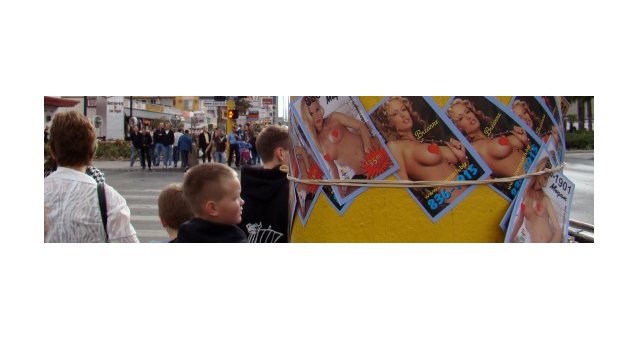EWL criticises EU’s gender neutral approach to trafficking and calls for focus on demand for prostitution, in line with 1949 UN Convention

[Brussels, 14 October 2010] On 18 October, the EU will celebrate its fourth Anti-Trafficking Day, and launch a two-day conference on trafficking in human beings. The European Women’s Lobby (EWL) is concerned about the growing trend in European and international fora to address trafficking in human beings as a homogeneous issue, leading to general actions which fail to address the root causes of the different forms of trafficking.
‘79% of trafficking in human beings is for sexual exploitation, and more than 80% of these victims are women. How come the EU and its member states do not want to face this reality?’ asks EWL President Brigitte Triems. ‘To concretely tackle the phenomenon of trafficking, we need to recognise its different facets and acknowledge the prevalence of trafficking in women and girls for sexual exploitation. Otherwise, the policies of the EU and its member states are by essence incomplete and inefficient’. The EWL is calling for the EU to focus on prevention by addressing demand for prostitution, which fuels trafficking in women for sexual exploitation.
If the EU seems to be shy in addressing the root causes of trafficking for sexual exploitation, there are many policy developments at national level which show that it is mainly a question of political will. 18 out of the 27 EU member states have ratified the UN Convention for the Suppression of the Traffic in Persons and the Exploitation of the Prostitution of Others (1949), which identifies the tolerance for prostitutional systems as the root cause for trafficking for sexual exploitation. The Convention calls for the de-criminalisation of prostituted persons and for the criminalisation of all forms of procuring and trafficking. Since then, three European countries have gone further: Sweden, Iceland and Norway have made the purchase of sexual services illegal; many European countries, implementing the Council of Europe Convention on Action against Trafficking in human beings (2005), criminalise the purchase of services (including sexual) from victims of trafficking.
‘Last July, the Swedish government issued the evaluation report of its law criminalising the purchase of sexual services’, elaborates Rada Boric, EWL Executive member. ‘In only 10 years, there is evidence that this law has acted as a barrier to trafficking and procurers, has had a deterrent effect on prospective prostitute-users, and has decreased street prostitution without shifting it to the Internet arena. More than 70 per cent of Swedes are positive about the law. What could be the downside of instituting similar legislative measures elsewhere in Europe?’
Earlier this year, the EU committed to developing a strategy aiming at eradicating all forms of male violence against women. The European Women’s Lobby is calling for prostitution and trafficking to be acknowledged as forms of violence against women, and for concrete preventive actions inspired by the human rights approach of the Nordic countries, to be included in this strategy.
Download the Press Release in Word format:
Translations:
French:
Croatian:





